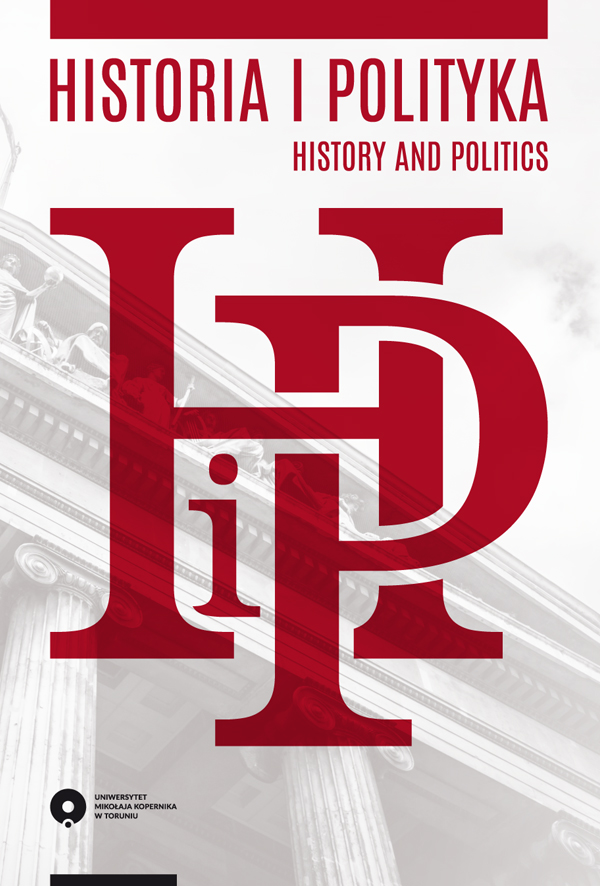Hungarian Turanism. From the Birth of the Ideology to Modernity – an Outline of the Problem
Hungarian Turanism. From the Birth of the Ideology to Modernity – an Outline of the Problem
Author(s): Michał KowalczykSubject(s): Politics / Political Sciences
Published by: Wydawnictwo Naukowe Uniwersytetu Mikołaja Kopernika
Keywords: Jobbik; nationalism; Hungarian nationalism; Turanism; Hungary
Summary/Abstract: This article is an outline of Hungarian Turanism, Central European ideological phenomenon. The ideology was relatively important in Hungary during the first half of the 20th century and is currently undergoing a revival in the country. Turanism is a very important part of the ideology promoted by the Jobbik party (Movement for a Better Hungary). The term “Turanism” is derived from Turán, a word most likely of Old-Persian origin, once used to describe the lands of Central Asia inhabited by nomadic tribes. According to the ideology of Turanism, Hungarians are related to Altaic peoples, such as Turks, Azeris, Tatars, Kazakhs, Mongols, and even Tibetans and Japanese. Many Hungarian researchers and explorers travelled to Central Asia in order to find peoples related to Hungarians. It is noteworthy to point out that modern Hungarian Turanism, particularly as it is represented by Jobbik, displays strong anti-Western attitudes. Jobbik is very critical of the international policy of the European Union and the United States, and considers Hungary to be a victim of the West. What is more, Jobbik strongly criticises globalism, liberalism and anti-traditionalism, which it considers to be features of modern Western societies. Because of this, Jobbik’s “Eastern Turn” appears to be a turn away from the West.
Journal: Historia i Polityka
- Issue Year: 27/2017
- Issue No: 20
- Page Range: 43-63
- Page Count: 22
- Language: English

